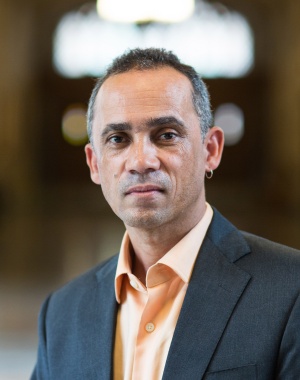This is a course for students interested in social justice and equality, social justice movements, anti-democratic movements and the intersections of public leadership, public policy, and the rule of law in the context of the temporal evolution of the democratic state. It will seek to provide a comparative and global understanding of how social movements have shaped and shapes discourses of human rights over time. It will address the role of civic movements and leaders in transforming social understandings and meanings of the concepts human rights (social, political, economic and environmental rights) over the last two centuries. It will explore the relations between individual action, collective processes and outcomes as these affect and are shaped by the contexts of system/s, institution/s, law/s and public policy frameworks. It will address how inherent and intersecting relations of power, systems and structures of dominance are related to the experience of peace, violence, oppression and social resistance. As these are often textured into the context of politics, economics and the environment. It will explore the relationships between public policy, the law, institutional structure, social norms, social conditioning, ideologies, strategic communicative interactions, group engagements and imperial behaviors in the public spheres. It will pay special attention to the consequences social movements, social actors and leaders produce for politics, the economy, the environment, justice, equality, human rights and human lives in the everyday. This course will introduce students to the intellectual and technical rigors of democratic, non-violent and effective leadership in the spheres of policy, the law and society. It will explore the social and political endeavors of such leaders and movements to address the difficult questions facing our world and lives today. In this way it will provide an overview of how leaders negotiate, manage and resolve conflicts in organizational and intra-organizational settings. Importantly it will provide students with a theoretical understanding of how trans-generational and social trauma comes to bear on successful institutional, systemic, and programmatic intervention at the nexus of social justice work, the law and public policy.
